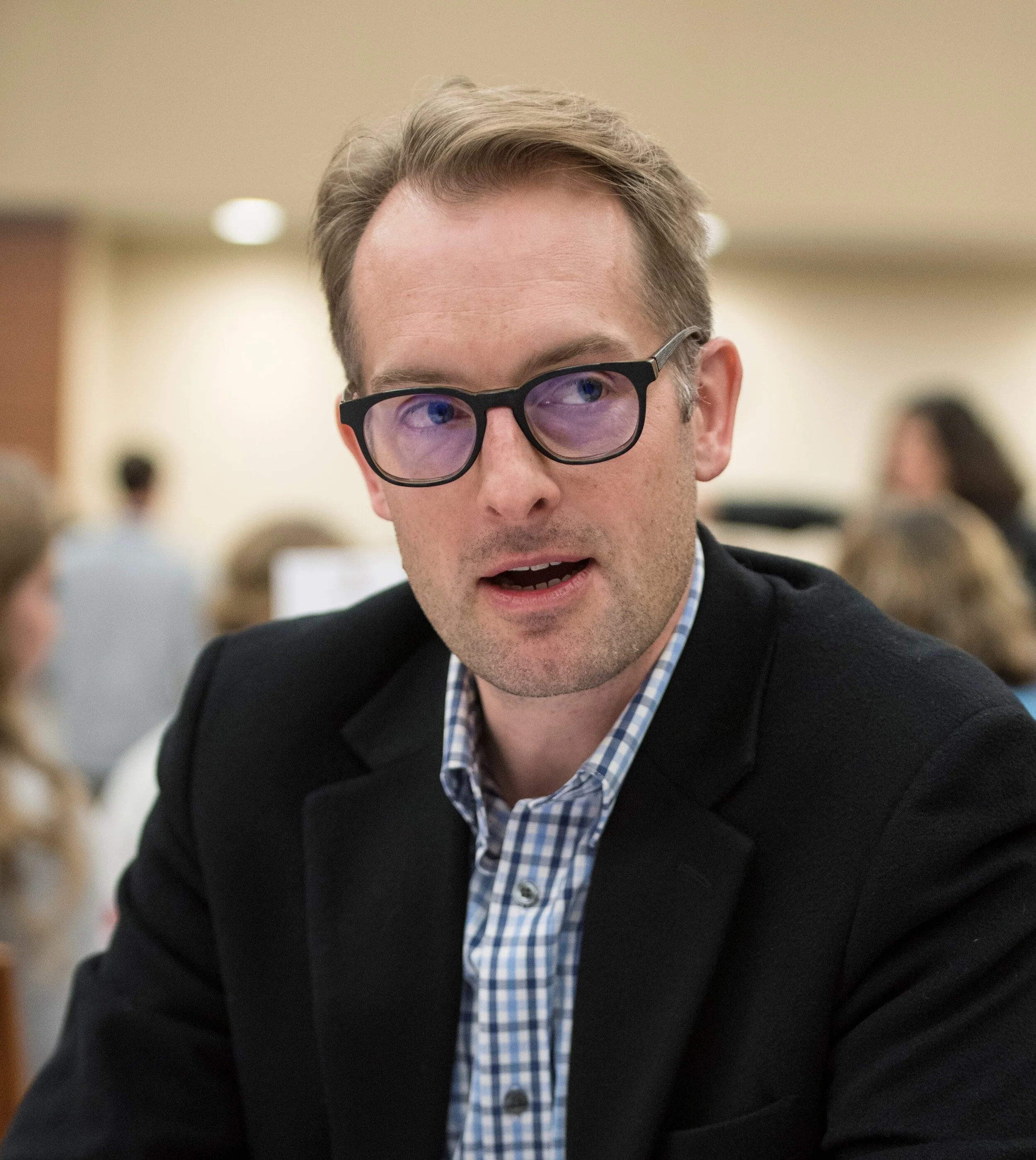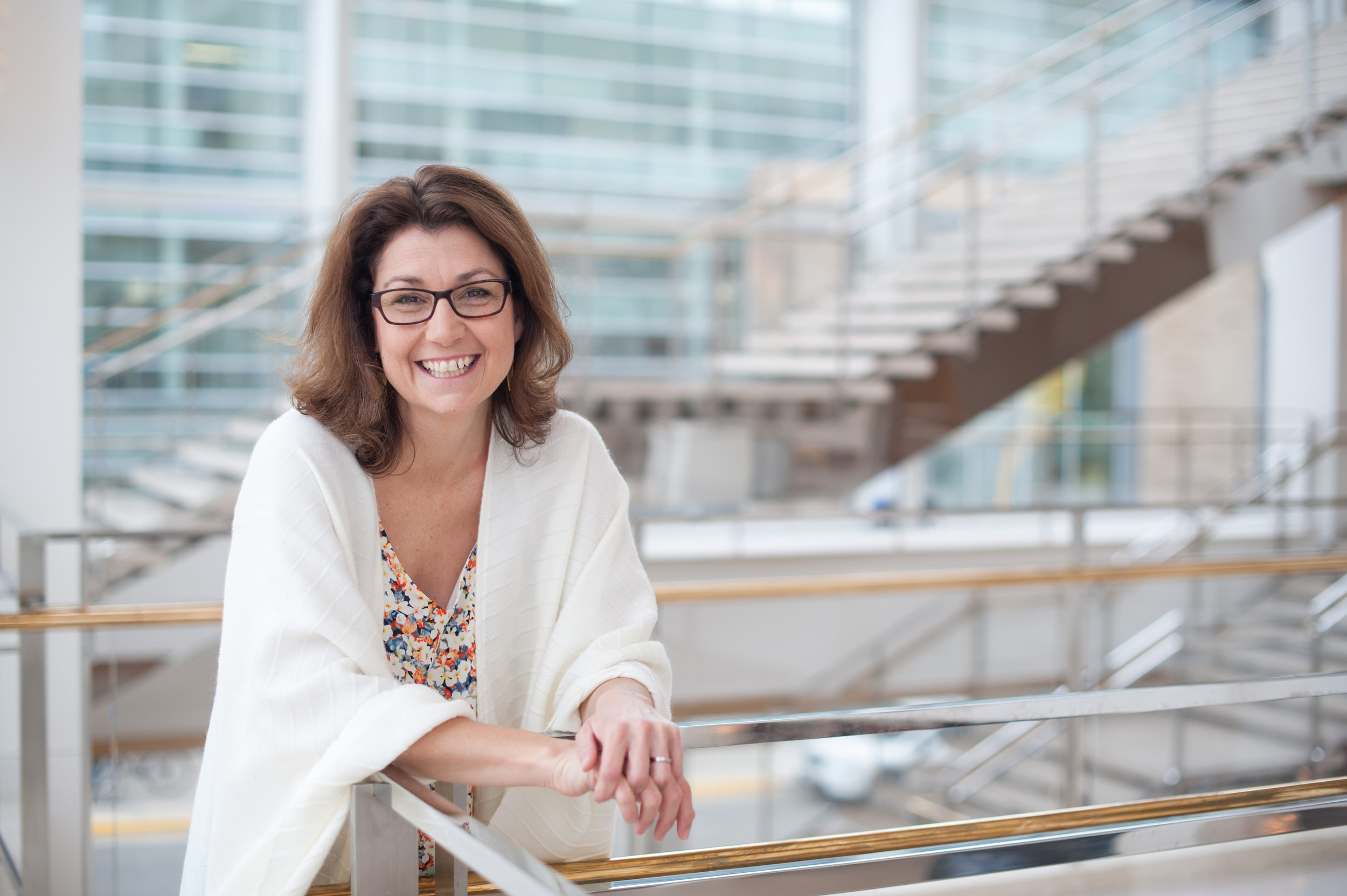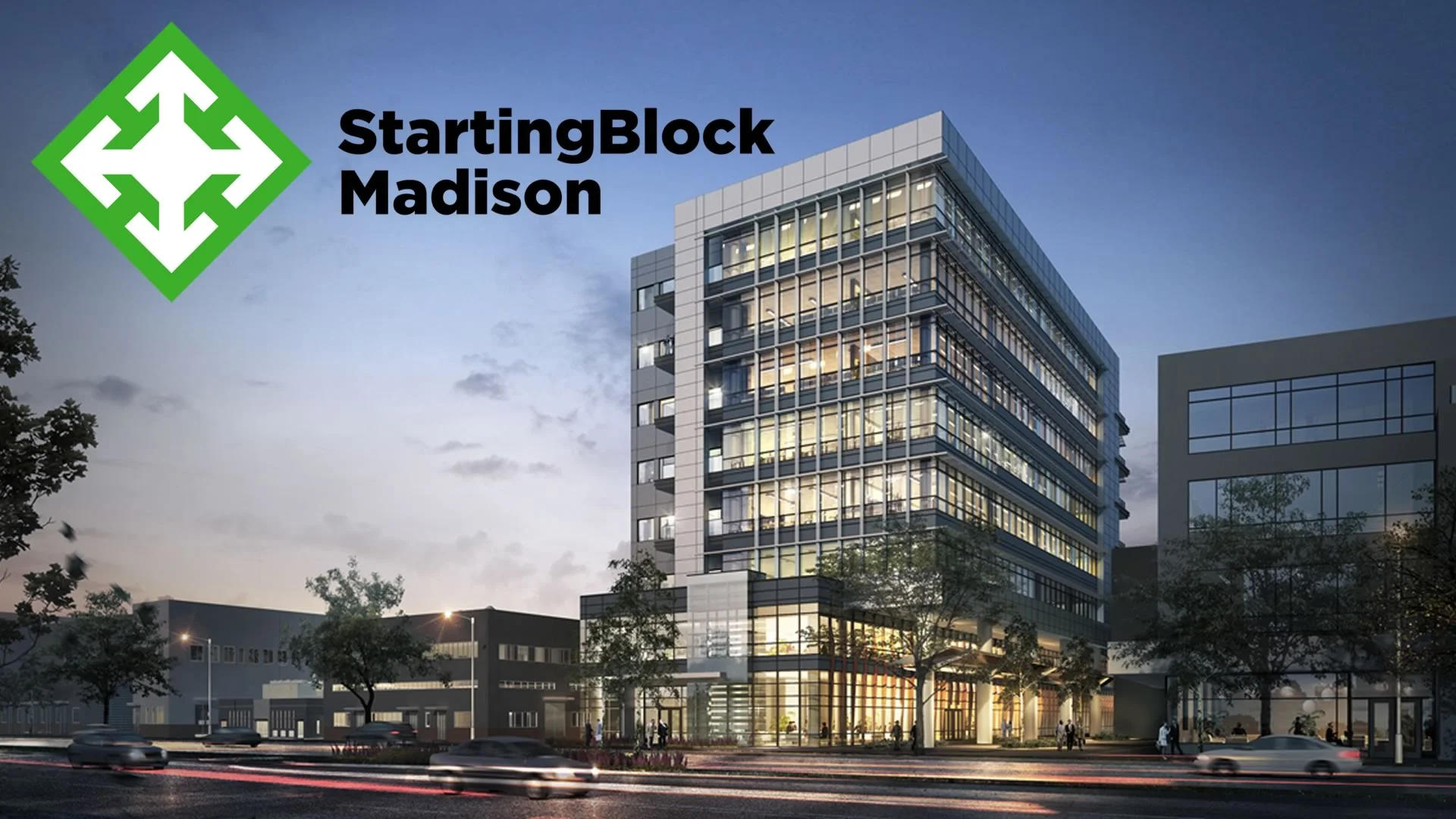“We decided that whatever was out there was not really solving the issue. Something else needed to be done so we founded Doyenne.” - Amy Gannon
A “doyenne”, by definition, is a woman who is the most respected or prominent person in a particular field - a perfect name for Amy and Heather’s new venture. The Doyenne Group exists to fill the space that’s missing for so many women entrepreneurs — an organization that understands what it’s like for women who are building a business while wearing many hats each and every day. Doyenne’s mission is to build ecosystems and communities where women entrepreneurs from all backgrounds are able to thrive.
In order to build those communities, Doyenne focuses on four things:
Being a resource for support and professional development while you’re building your company.
Being a vocal force in transforming the narrative about who makes a good entrepreneur.
Mobilizing women and community partners to get the work done.
Funding women entrepreneurs in the form of grants and equity investments.
As you can see, Doyenne is in the business of growing and supporting doyennes. They’ve been doing it for seven years now and have been a very vocal and powerful force in shifting the ecosystem in Madison.
“Women aren’t broken and we’re not in the business of fixing them. We’re actually in the business of fixing the system in which they operate. If we work with women and then send them into a dysfunctional, patriarchal dynamic, they’ll struggle to navigate that. So why don’t we grow them and shift the system so they can thrive? For so many decades in this country we’ve heard, ‘If women would just do x,y,z ... then everything would be fine. That’s not really true. So let’s fix the system and stop trying to fix the women in it.”
Doyenne has more than 150 members and growing. They offer programs like strategic planning retreats, pitch events, and networking opportunities. Through its $1.2 million Evergreen Fund, Doyenne has provided 20 grants and three equity investments totaling $250,000 so far.
“If we live in a community that holds up the 22-year-old white dude with skinny jeans and a hoodie who coded something in his dorm room, not only are women not going to thrive in that community, that community is not going to build a really robust, vibrant entrepreneurial ecosystem.” Amy adds, “There’s nothing wrong with those guys, they’re just one sliver of entrepreneurship. It’s problematic for everyone, including them, when they’re held up as ideal.”
Celebrating successes
Like many ecosystem builders, Amy often asks herself, “Am I doing enough? Am I helping enough people? Am I having a big enough impact?”
When Amy and Heather launched Doyenne, the environment was very different. They took a lot of risks by being so vocal about their cause and the way in which the ecosystem was not set-up to support women entrepreneurs.
“Typically when women venture out and speak their minds, they’re put in their place. Over the past seven years, we’ve been very vocal, we’ve been an ally to others who are vocal, and we’ve called people out in ways that could cause a backlash. The fact that we’ve been able to navigate that is a success,” says Amy.
But more than standing up, being vocal, and surviving is that they are in fact thriving in a way that only an ecosystem builder can appreciate. Recently, a male ecosystem builder said to Amy, “I don’t even remember Madison when there wasn’t Doyenne.”
Thinking back on that remark, Amy says, “I always used to say when Heather and I first launched that we’ll know we’re having success when people say...
‘We love our beer, we love our Badger football, and we love our women entrepreneurs.’
...After 7 years of trying to fight for legitimacy, for someone to say I can’t imagine not having your organization was incredibly exciting for me.”
Another big success for Amy was when she realized people she’d never met had their own experiences with and were talking about Doyenne. Amy tells the story of being introduced to another woman as the cofounder of Doyenne. The two women then proceed to have a conversation about Doyenne that doesn’t even include Amy - because they have their own experiences with the organization.
“In the moments when you realize you’ve built something - you’ve built this entity - you have this influence in the community and are a defining part of people's lives that you’ve never met... That you’re having this ripple influence that you personally aren’t touching... When you have people in your community say we can’t imagine Doyenne not being here. That’s when you feel like... ok. That’s exciting. The organization I’ve built has a life of its own and is having an impact that isn’t visible to me.”
Madison Ecosystem Strengths and Challenges
The Madison ecosystem is exemplary in that there’s not one centralized power or entity. There are lots of pockets of entrepreneurial activity throughout Madison in multiple industries - something we should all strive for in our ecosystems.
“So many spaces in Madison are infused with an entrepreneurial piece. When many cities look at entrepreneurship they think tech. They look at who’s building high growth tech companies. Ten years ago, that was the genesis of the entrepreneurial interest. But one thing Doyenne and other organizations have pushed is that entrepreneurship is a wide range of activity. It’s not just tech and it’s not just high growth.”
One example of that in Madison is the food cart culture that is now a stepping stone to entrepreneurship in the food business. They have a food financial institute, communal kitchens, programs for people who want to scale food products, and other organizations that focus on supporting food entrepreneurs. There are also a dozen or so co-working spaces, and organizations cropping up to support entrepreneurship in art and even comedy.
“There are these pockets that are cropping up and growing in an interesting and organic nature. There are multiple entry points and pathways. It’s not like a spoke and wheel where there’s one central hub, it’s a web and network that catches people and starts to move them through the network,” Amy explains. “I think it’s really interesting for a city of our size to have so many different connections and not a focal point where one place holds the power and everybody dances to that power. There are many players, many voices, many versions of entrepreneurship. So, if any one of those organizations doesn't survive, the web is still in place.”
As amazing as that is, the challenge is that all of those spaces and pockets are trying to figure out how to get the resources they need.
“We’re all competing for a small bucket of dollars or recognition. In that way, we have to start thinking about collaboration across all of these entities and growing the pie rather than fighting over pieces of the pie. That’s a shift in culture I’ve been watching over the last ten years. How do we say, I’m not all things to all people and I want my entrepreneurs to get help from me but also from these other organizations? How do we do this in a collaborative way so that there are multiple entry points for different people and multiple things available and we are all building together?”
Another challenge in Madison is racial equity. According to Amy, Madison is “one of the worst places in the country to be African American. On all metrics.”
Doyenne is driving the conversation around women and is looking at ways to better serve women of color. They have also included men of color in some of their funding efforts. Amy sees the equity problems in Madison as horrific, but she also sees opportunity.
“The city’s challenges are also opportunities. When we say the challenges we’ve encountered around these issues are unacceptable, we’ll drive solutions that have to be innovative and creative and so they’re going to come from the entrepreneurial ecosystem builders. The next 10 years of Madison you’ll see that work coming to fruition and playing out if we’re committed to it enough as a community.”
Why is Amy a Member of SCN?
“This work is so frustrating. While I have my collaborators here in Madison, to be able to step out of this world where I live and work and talk to people who are doing similar work elsewhere is so refreshing. Many times if you tell people you are doing ecosystem building they don’t know what you’re talking about. When you talk to your peers from other cities, they get it, and you can have a level of conversation that you can’t have otherwise.
Just to learn about all of the different things that are going on in other cities is powerful. It gives me the opportunity to look at my community from the outside. I think, for everything you do in life, if you can find a way to step outside of the work, the activity, or the situation to see it from the outside, it makes you better on the inside. SCN gives me the opportunity to do that. Every time I engage with SCN and with my peers in other cities, I learn from them.”
Meet Amy in Person
Amy is on the Madison Committee and has been integral in the planning of our Fall Summit. You can meet her, learn more about her work and company, and get a deeper look at what’s working and not working in Madison September 17-19 during the Madison Summit.
The Madison team has taken a lot of feedback into account and built an arch of experience that starts on Tuesday and ends on Thursday. Each session builds on the other. Amy is eager to explore programming elements at the Madison Summit that are different than traditional panel discussions.
"Our goal is to shift to a more interactive and workshop style engagement. Instead of someone speaking to an audience, we have facilitators organizing interaction among members and learning and doing at the same time. There will be speakers, but the approach is interactive.
We’ve also selected themes that apply to you no matter what you do in your ecosystem - whether you run a co-working space, are driving economic development, or running a coding program. For example, how do you effectively tell your story internally and externally to different audiences? What are the skills, mechanisms, and tools to help you do that? How do you navigate conflict? How do you actually reach a more diverse audience and engage them?”
Amy also pointed out that they put a great deal of thought into making sure everyone is integrated - whether this is your first summit and you don’t know anyone or your 5th summit and you have your established relationships. They plan to mix and match people in different situations so that everyone is engaged in learning.
Do you have your ticket to Madison yet? Learn more about the Summit here.














